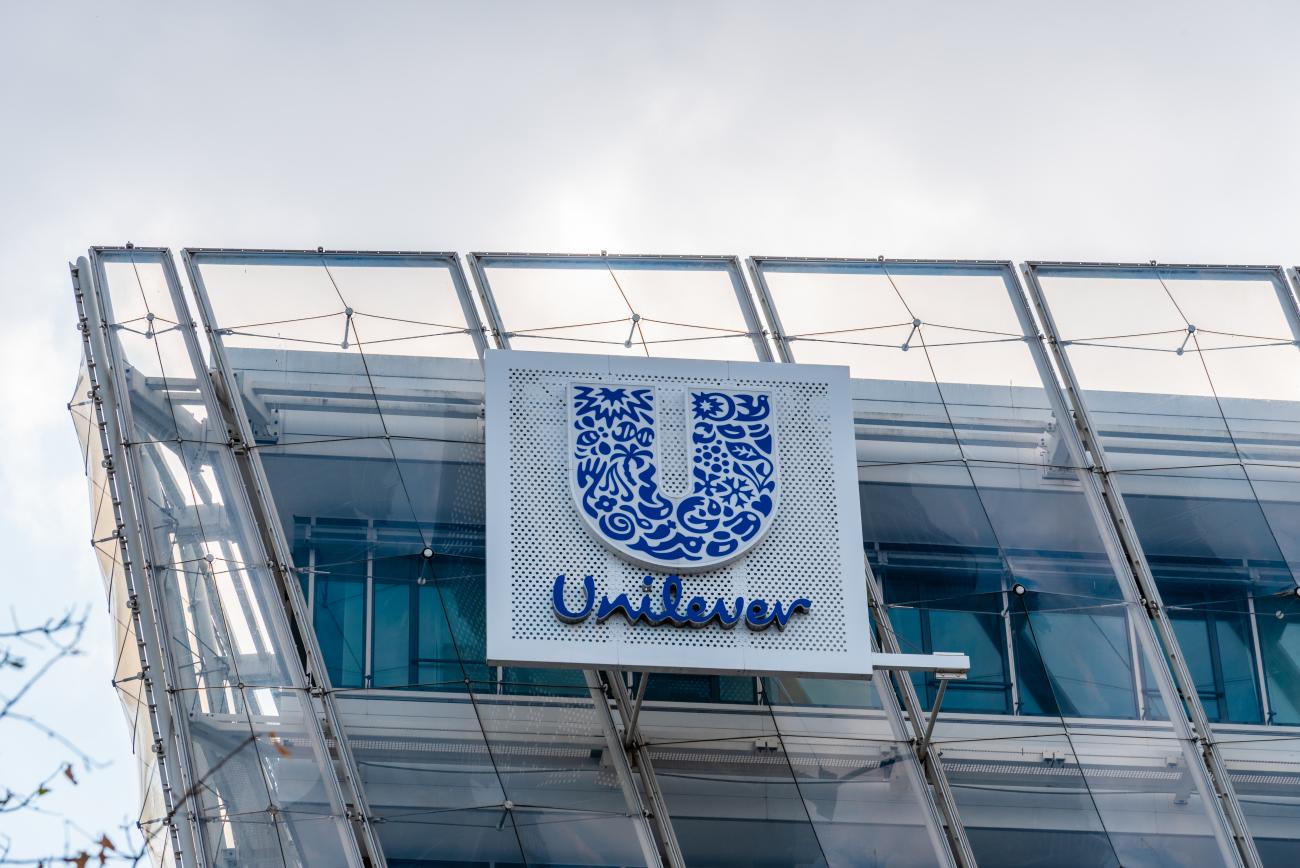Unilever's 'Groundbreaking' Supply Chain Investments Lean Into AI and Geolocation
Supply chains are at the center of challenges consumer goods (CG) are facing in today’s strained landscape. From inflation driving skyrocketing pricing to material and labor shortages slowing down processes, CG brands are having to get inventive.
In response, Unilever has been transforming its supply chain strategy, embracing what it calls groundbreaking technologies, such as artificial intelligence (AI) and satellite imaging, that are improving transparency and traceability with sustainability at the forefront.
The Goals
As part of its transformation journey, and to combat climate change, Unilever is looking to achieve a deforestation-free supply chain for palm oil, paper and board, tea, soy, and cocoa by the end of next year. This means moving far beyond certifications to truly shift into a sustainability mindset that has a more holistic approach.
The company has broken its approach into three separate segments:
- Build greater traceability and transparency within the supply chain
- Focus sourcing on suppliers who share Unilever’s sustainability ambitions
- Empower farmers and smallholders in communities and landscapes Unilever sources from
Read Also: Unilever Ranked Among ‘Most Sustainable’ CG Companies in 2022
“Our focus on these areas means we continue to build the skills, capabilities, and networks to progress towards our goal and beyond,” said Unilever in a statement.
The Technology
The primary technologies Unilever is integrating into this approach include satellite imaging, AI, and geolocation data.
Working with Google Cloud, which Unilever refers to as its “command center,” the brand garners a 360-degree view of its supply chain by combining nearly 40 years of continuous satellite imagery, along with data storage and machine learning, to monitor mills, landscapes, and farms. This allows the company to estimate which farms and plantations are supplying the mills.
Using anonymized data signals of traffic patterns with mobile devices, the company has also been able to detect these potential sourcing links.
Additionally, by adding a layer of AI to satellite imaging, Unilever can detect any changes in tree cover — particularly useful for areas with heavy cloud cover like South East Asia — to determine how much carbon is stored by forests and the associated climate threat if trees are felled.
This past July, Unilever also partnered with San Diego-based biotechnology specialists Geno to jointly invest $120 million in commercialized plant-based alternatives to feedstocks like palm oil and fossil fuels used to make cleansers for home care, beauty, and personal care products.
The company is in the process of exploring several other solutions. Among them is a crowdsourcing pilot in Aceh, Indonesia, that trained contributors to take photos of oil palm fruit collection points and upload them to a digital platform to provide Unilever with more visibility into “unseen parts of the supply chain.”
The company is also interested in using blockchain to create a permanent digital record of the value chain journey, analyzing data from mills, refineries, and processors to make sustainability credentials “traceable and immutable,” even if materials derive from different sources.
[Read more: How Unilever’s Blockchain Pilot Will Scale Palm Oil Traceability]
“The latest digital capabilities will help us better identify high-risk areas and target interventions where they’re most needed,” said Willem Uijen, Unilever chief procurement officer, in a statement. “Technology will also be a force for good as we leverage these capabilities to help us understand areas that need protection and those that have high potential for regeneration.”
The Results
Unilever is looking at overall increased visibility by implementing these technologies. This allows for a closer look at the “critical” first mile — an area vulnerable to sourcing-related obstacles like deforestation.
This approach has allowed Unilever to predict which areas are most at risk for deforestation, allowing the brand to be more proactive in its decision-making and installing preventative measures to protect forests and ecosystems.
A key to this sustainability strategy is the company’s move to the cloud. Unilever will have 95% of its business operations in the cloud by the end of the year, according to CEO Alan Jope. As a result, the company expects increased digital and innovation opportunities, including supporting its sustainability efforts like geospatial deforestation tracking.
“We continue to test and scale technology solutions for greater traceability and transparency in our supply chain, so we can partner with suppliers, governments and NGOs, to help protect and regenerate nature for generations to come,” said Willem.






